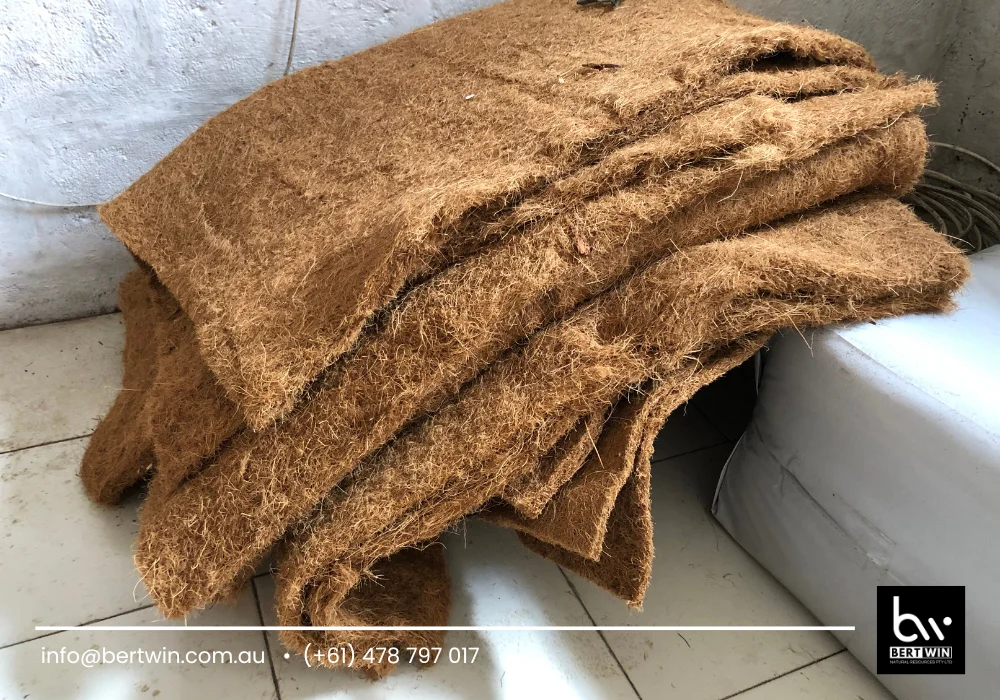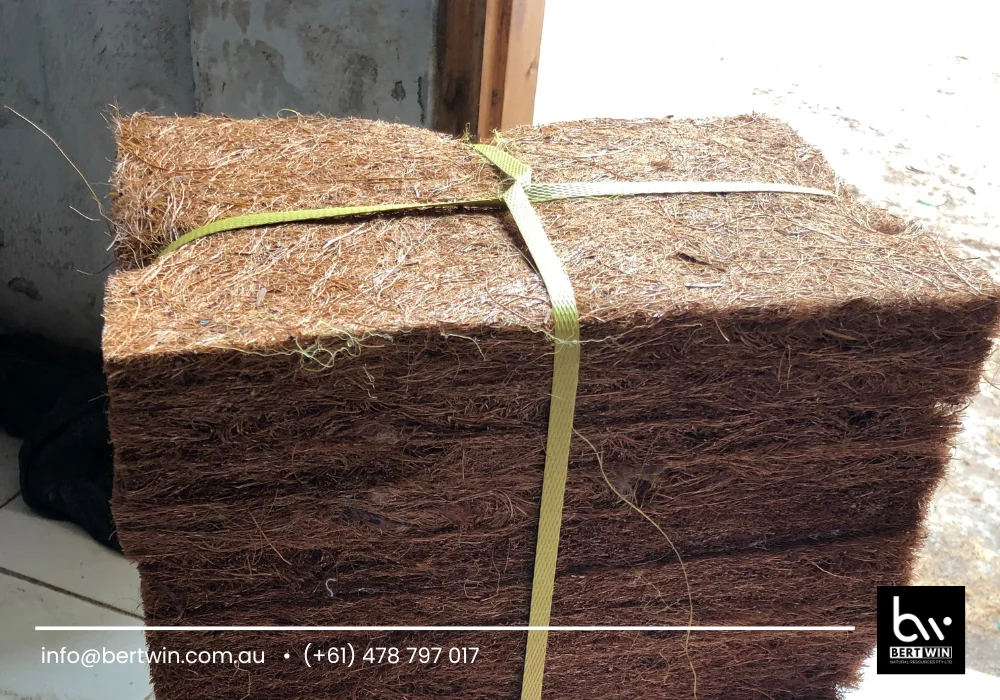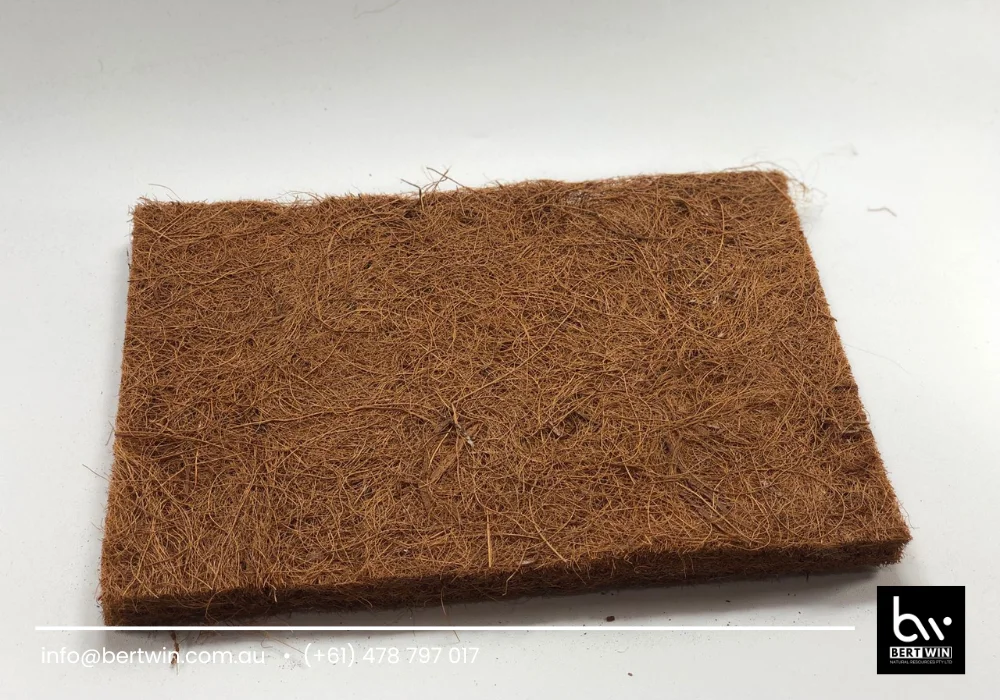The applications of coco sheet are wide-ranging and highly valued across different industries due to their sustainability, durability, and natural properties. Derived from coconut husks, coco sheets have become a popular choice in various fields, including agriculture, construction, and even in consumer products. This article will explore the applications of coco sheet, highlight some of the challenges associated with its use, and provide practical solutions to ensure maximum effectiveness.

What are Coco Sheets and Why Are They Used?
The applications of coco sheet are varied, and understanding what coco sheets are is essential for their proper use. Coco sheets are made from the fibrous husk of the coconut, which is processed into a flexible, durable sheet. These sheets are highly valued for their water retention, durability, and eco-friendly properties, making them ideal for a range of applications.
Coco sheets are used in agriculture, construction, horticulture, and even in the production of eco-friendly consumer goods. They provide a natural alternative to synthetic materials, offering both environmental benefits and practical uses. The versatility of coco sheets lies in their ability to be used in multiple industries while promoting sustainability.
Benefits of Using Coco Sheets
Before delving into the specific applications of coco sheet, it’s essential to understand why they are so widely used. Here are some of the key benefits:
1. Eco-Friendly and Sustainable
Coco sheets are made from a renewable resource—coconut husks—which are typically discarded as waste. By repurposing these husks into useful products, coco sheets contribute to reducing waste and supporting sustainable practices. Unlike synthetic materials, coco sheets are biodegradable and do not contribute to long-term environmental harm, making them an ideal choice for eco-conscious industries.
2. Durability and Versatility
Coco sheets are strong, flexible, and resistant to wear and tear. They are ideal for both indoor and outdoor applications, providing a durable solution for various needs. Whether used for gardening, landscaping, or construction, coco sheets can withstand heavy use while maintaining their integrity over time.
3. Water Retention and Aeration
One of the main reasons for the widespread use of coco sheet is its ability to retain moisture while also providing excellent aeration. This makes it a perfect choice for use in agriculture and horticulture, where maintaining proper moisture levels in the soil is crucial for plant growth. Coco sheets help keep the soil moist for longer periods and allow air to reach the plant roots, ensuring healthy and robust growth.
Common Applications of Coco Sheets and Solutions to Associated Problems

While the applications of coco sheet are vast, several challenges may arise when using this material. Below are some common problems and their solutions:
1. Agricultural and Horticultural Uses
Coco sheets are commonly used in agriculture and gardening as a natural mulching material. They help retain moisture, prevent weed growth, and protect plant roots from extreme temperatures. However, coco sheets can sometimes degrade quickly when exposed to prolonged sunlight and heavy rainfall, especially in tropical climates.
Solution: To extend the lifespan of coco sheets in agriculture, you can use thicker sheets or combine them with other materials, such as geotextiles or compost, for added durability. Additionally, applying a layer of coco coir underneath the sheet can help improve its resistance to degradation and improve overall soil health.
2. Soil Erosion Control in Construction
In construction, the applications of coco sheet are seen in soil erosion control. Coco sheets are used to stabilize soil on slopes, riverbanks, or other areas prone to erosion. They provide a natural barrier that helps prevent soil from being washed away during heavy rains. However, a common issue is that the sheets may not be able to withstand extreme weather conditions, leading to faster degradation.
Solution: To improve the effectiveness of coco sheets in erosion control, consider layering them with other materials like biodegradable jute netting or geo-textiles that add strength and prevent erosion. Regular maintenance and replacement of the sheets may also be necessary, especially in areas that experience heavy rainfall or high winds.
3. Consumer Products and Packaging
Coco sheets are increasingly being used in the production of eco-friendly consumer products like mats, cushions, and packaging materials. However, some challenges arise regarding the consistency of the material’s thickness and texture, which can affect the final product’s quality.
Solution: For manufacturers, sourcing high-quality coco sheets from reputable suppliers can help ensure that the material is of consistent quality. Additionally, standardizing production methods and processes can help improve the uniformity of the sheets and reduce any inconsistencies that may affect the final product.
4. Pest Infestation and Mold Growth
Coco sheets are organic, which means they can be susceptible to pests and mold growth, particularly when exposed to excessive moisture. This is a significant concern in agricultural applications where pests can damage crops or reduce the effectiveness of the coco sheet as a mulch.
Solution: To prevent pest infestation and mold growth, it is important to keep the coco sheets dry and store them in a well-ventilated area before use. For agricultural applications, regularly inspect the sheets for signs of mold or pest activity and replace any affected sheets promptly. Treating the sheets with natural, non-toxic pesticides or fungicides can also help reduce the risk of infestation.
5. Cost and Accessibility
In some regions, coco sheets may not be easily accessible, which can increase the cost of production and delay projects. This is especially true in areas where coconut production is not widespread.
Solution: To address this issue, companies can consider partnering with local suppliers who can source coco sheets at competitive prices. Additionally, bulk purchasing or working with a distributor can help reduce costs and ensure a steady supply of high-quality coco sheets.

Conclusion
The applications of coco sheet are extensive, ranging from agricultural mulching to erosion control in construction, and even in the production of eco-friendly consumer products. While there are challenges associated with using coco sheets, such as degradation over time and pest infestation, these can be effectively managed with the right strategies. By choosing high-quality coco sheets and combining them with other materials, businesses and individuals can maximize the benefits of this sustainable product.
For further information, you may contact WhatsApp at (+61) 478797017 or via email at info@bertwin.com.au. We are here to provide assistance and reliable solutions for all your coco sheet needs.
